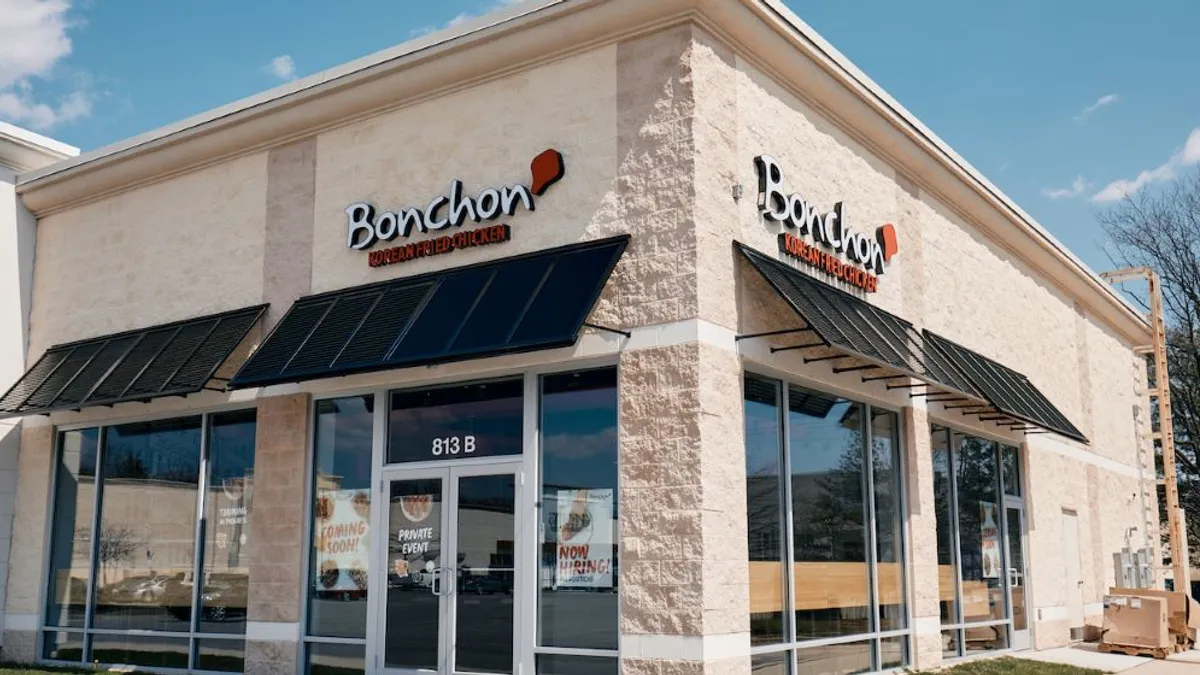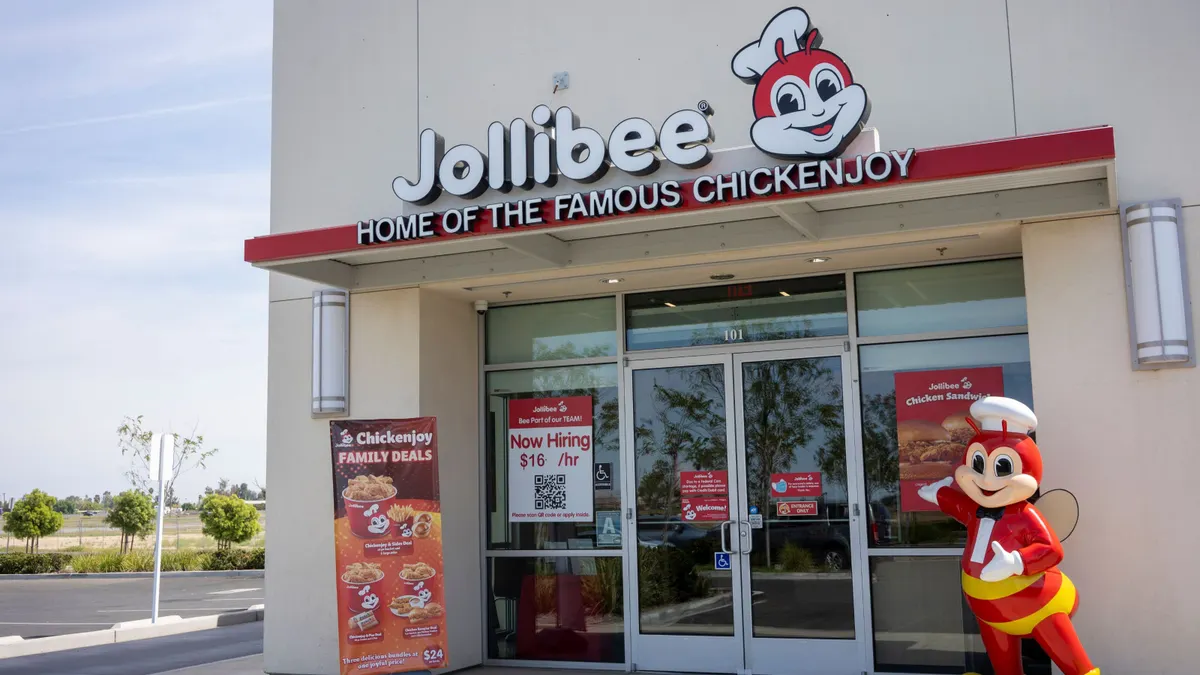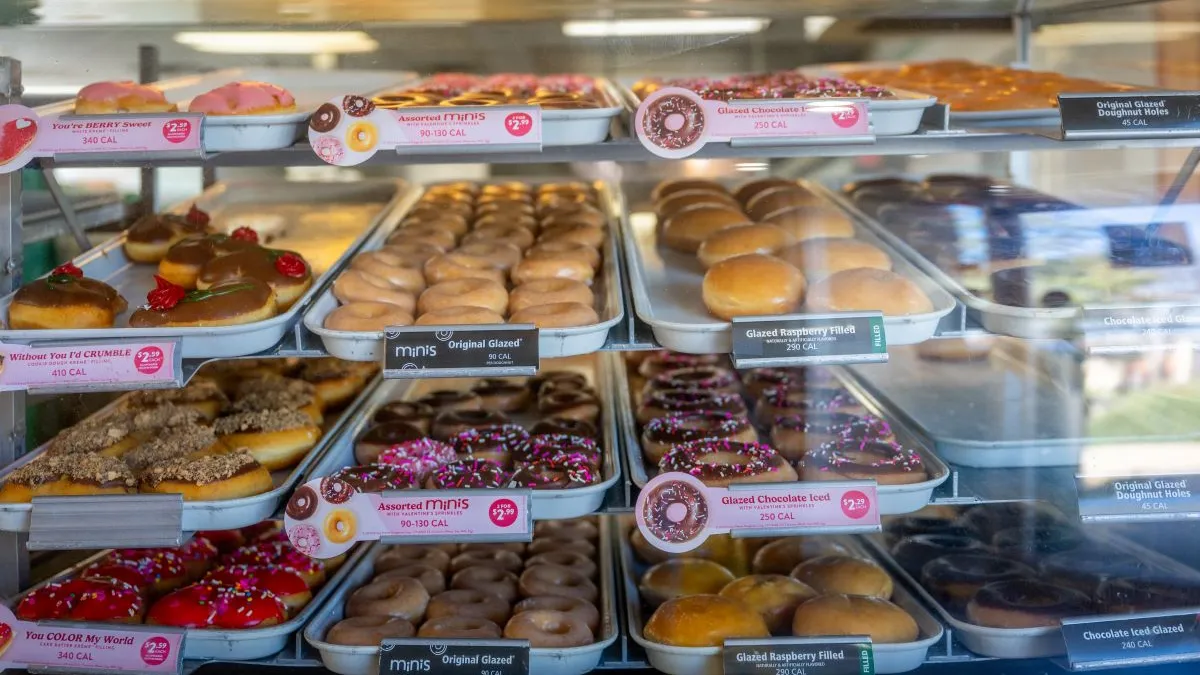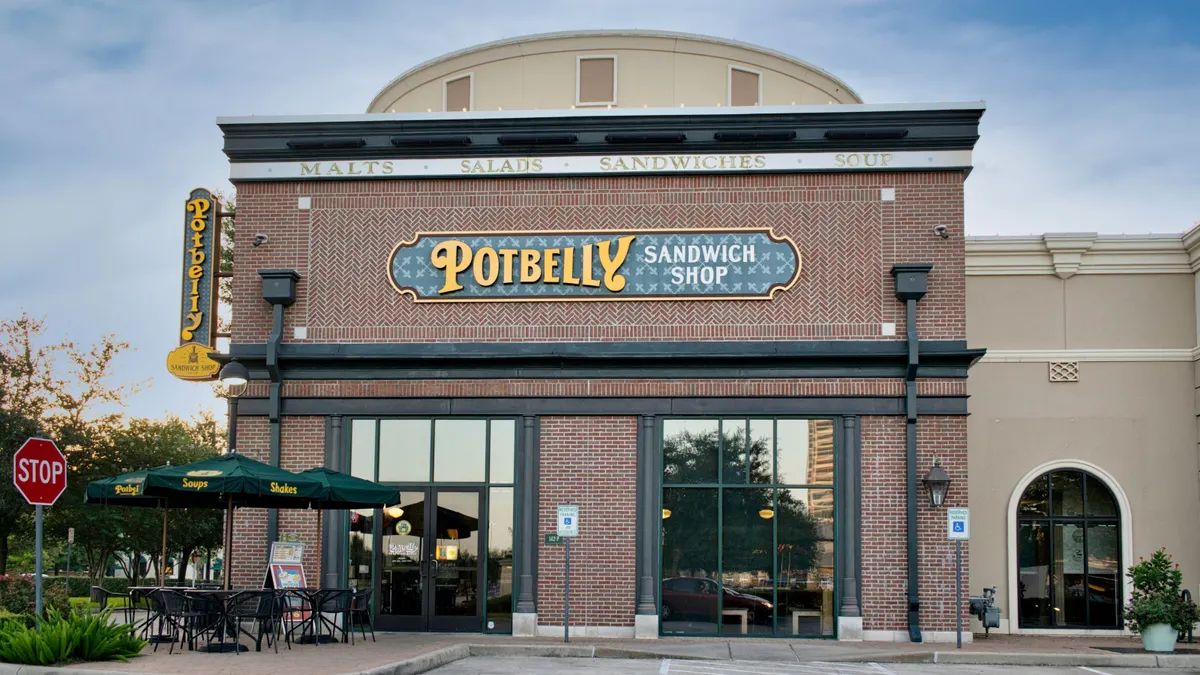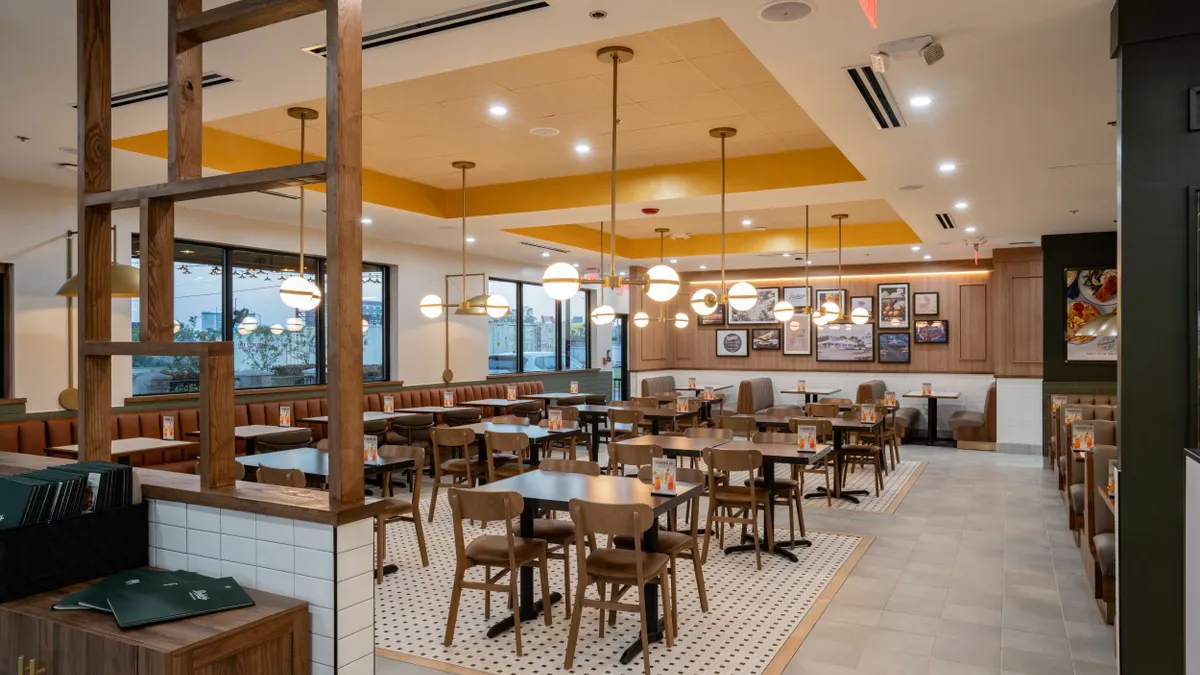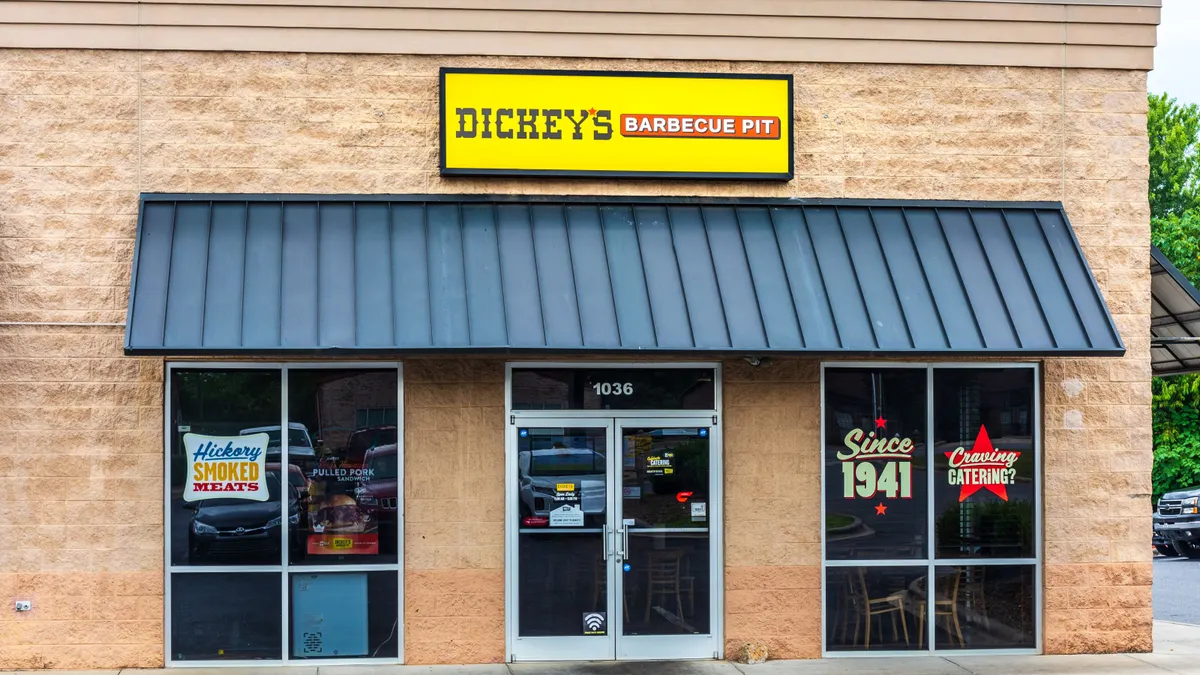Editor’s note: This article is part of an ongoing franchise series, which highlights brands that are new to or aggressively expanding via franchising. Is your restaurant starting to franchise? Email us at [email protected].
When Jinduk Seo founded the business that would become Bonchon in 2002, it started as a sauce company in Busan, South Korea. He was selling sauce on baked chicken outside of a university and people loved it.
Seo brought the sauces to the U.S. to sell to restaurants in 2006, Bonchon CEO Flynn Dekker said. This decision turned into an opportunity for Seo to open his own restaurants where he could control the quality of the product. Starting with a soft licensing deal that same year for a location in Fort Lee, New Jersey, Bonchon began franchising in 2010.
For Seo, who wasn’t fluent in English, Dekker said franchising was the easiest way to build the brand in the U.S., especially since there was high demand after the first few stores opened. Today Bonchon has over 120 units in the U.S and roughly 400 globally.
2022 was a big year for the Korean chicken chain, according to a press release emailed to Restaurant Dive. Same-store sales were up 5%, the fourth consecutive year of same-store sales growth and average unit volumes are $1.57 million.
The chain plans to open 30 new units this year in the U.S. However, operations haven’t always run smoothly. In its early days of franchising, Bonchon did what it could to provide training, menu and design, but there were a lot of inconsistencies in these areas with operators varying menus and designs depending on region.
As late as 2019, when Dekker joined the company, the restaurant chain didn’t have a technology stack, unified point-of-sales system, online ordering or third-party delivery. With the exception of its sauces, which are made out of its global kitchen in South Korea, there wasn’t a supply chain, either.
All of these systems were developed to make operations easier for franchisees, particularly as franchising became more sophisticated once the company gained a private equity partner. South Korea-based VIG Capital bought a majority interest from Seo in 2018, Dekker said.
Bonchon now uses Aloha POS and has third-party integration. The company also will add labor and food cost management tools in the future, Dekker said. Additional technology under consideration include kitchen robotics through a partnership with Future Kitchen, a new online ordering platform and app and loyalty program, according to a press release.
From its Dallas headquarters, the company offers a training program with Bonchon University, where it trains franchisees for two weeks to learn about running the restaurant, Dekker said. Corporate typically goes to a new restaurant about a week or two post-opening to train and support the restaurant employees.
Franchise business consultants also coach franchisees on how to run a successful business, Dekker said. Ongoing digital training is available for franchisees at any time.
Bonchon helps franchisees connect with a real estate broker to find site locations and uses software packages to identify key areas based on demographics, household income, foot traffic and other factors, Dekker said.
In the last few years, Bonchon added new restaurant formats and now offers four designs. The traditional casual dining unit requires between 2,500 and 3,500 square feet. The chain added a fast casual format for inline space in the last three years that needs about 1,500 to 2,500 square feet of space.
The chain also has a format for non-traditional locations, such as airports and malls, that uses about 800 to 1,200 square feet. The newest format, an off-premise only restaurant, opened in Brentwood, California, in 2022.
Most of Bonchon’s future restaurants likely will follow the fast casual format that emphasizes the off-premise occasion. Dekker said the fast casual models have been popular among franchisees because they can get better returns on investment with a smaller location but still provide the same service to customers.
“In the proliferation of third-party delivery, people are more willing to pay a premium to have [food] delivered to their door,” Dekker said. “We wanted to make sure we had a model that addressed that and so that’s what the fast casual and delivery/carryout models really do for us.”
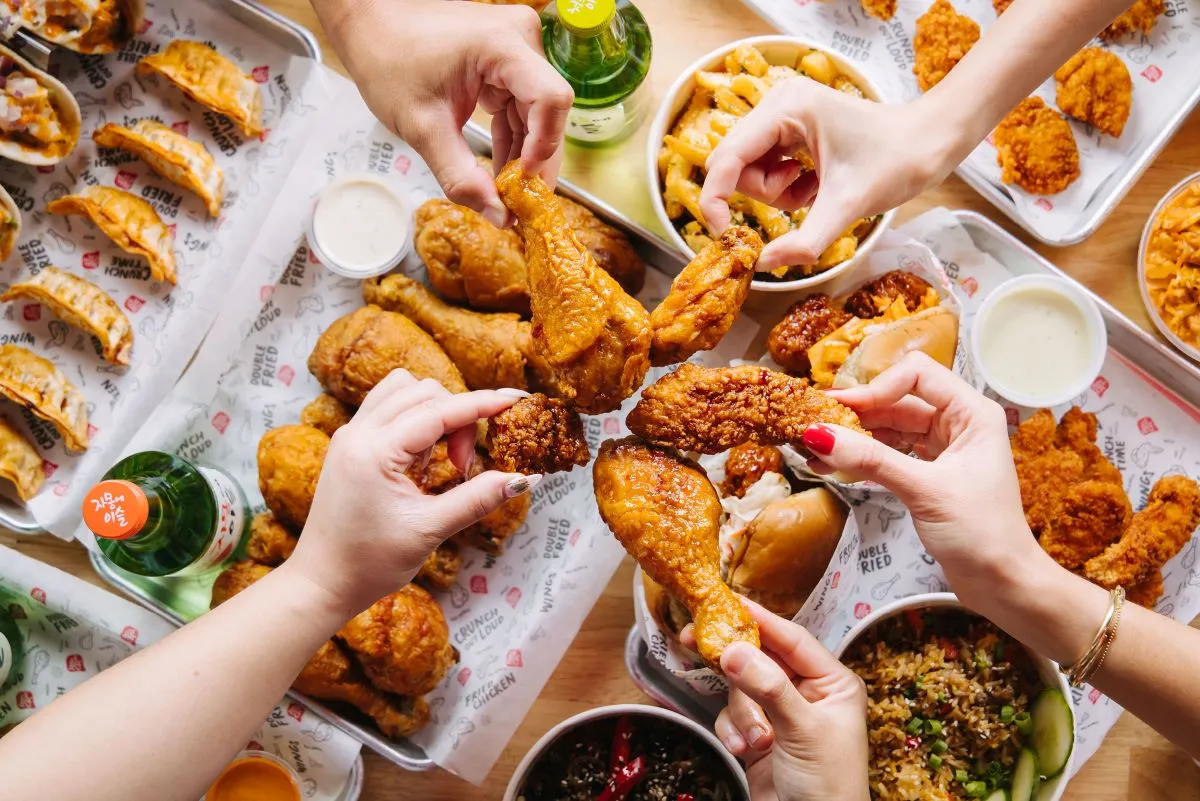
Development plans: Bonchon has about 100 units in its U.S. pipeline. Most of the new restaurants will be built over the next five years, but Dekker said Bonchon will continue to fill that pipeline with new commitments in the future. The chain will focus on moving inland and filling out the middle of the country as it has traditionally concentrated on the East and West coasts.
The company opened its first Tennessee location in early 2023, which was its biggest opening in the last four or five years. The chain will continue to look at states, such as Illinois, Michigan, Ohio, Minnesota, Colorado, Arizona, where it already has restaurants, but Dekker said there is room to add more. Currently, Bonchon is in eight countries with its first unit in France scheduled to open this year.
Ideal franchisees: Prospective franchisees should have some prior restaurant experience, have an understanding of the restaurant business and have a passion for service, Dekker said. The company also works with multi-unit franchisees.



